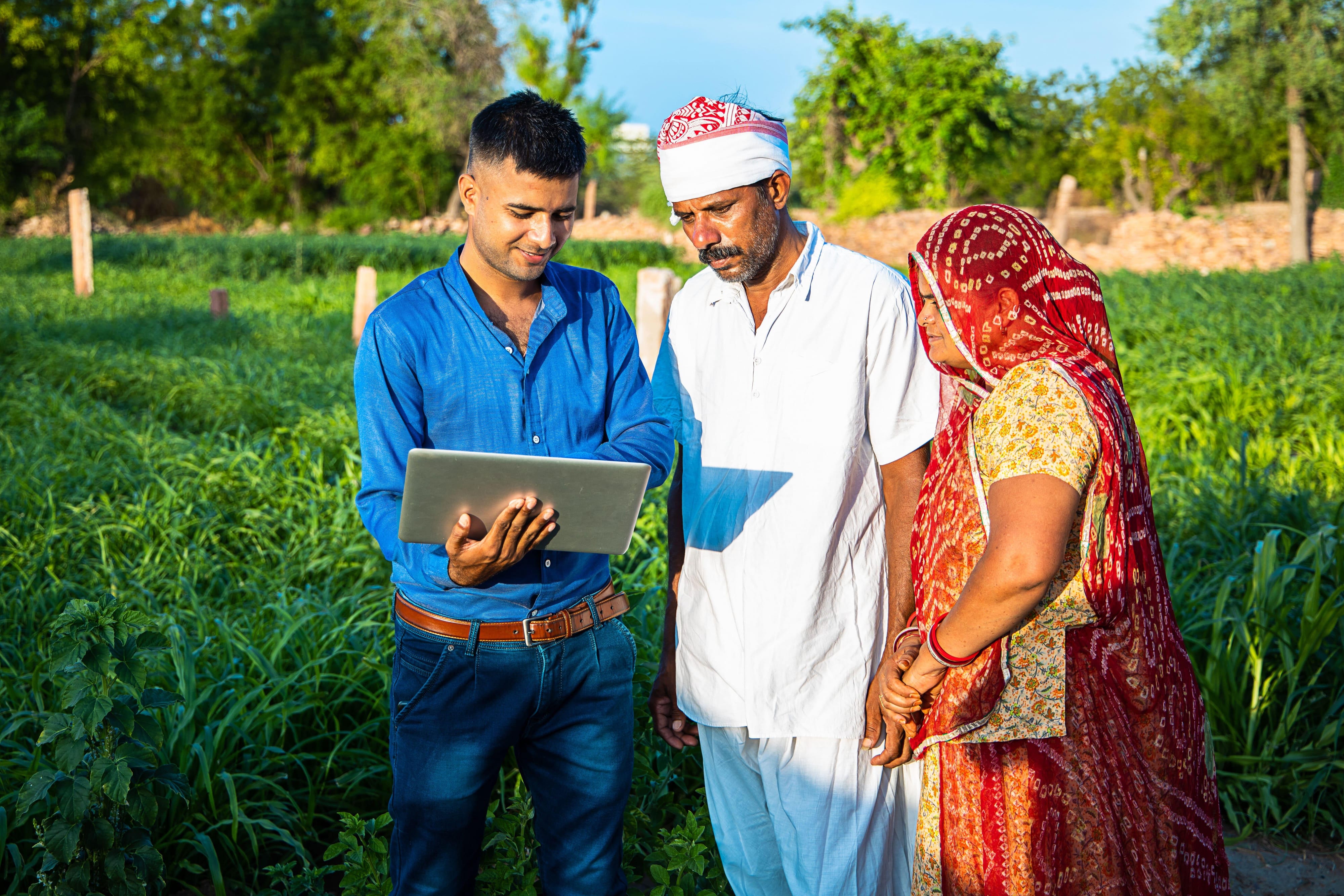Kamatan

Location
India
Sector
Agriculture
Type of Investment
Risk Capital
Project Stage
Exited
Length of Investment
2020-2021
Investment Overview
Based in India, Kamatan addressed the informality in agricultural supply chains by working with players throughout the system. This involved collaborating with farmers to implement best practises such as grading and sorting, and with farmer produce organisations (FPOs) to source produce for direct supply. Separately, it also provided large buyers of produce with supply, bulk volumes, and factory gate delivery.
The Development Challenge
The supply chain from the farmgate to consumption for agricultural products is often fragmented and disorganised, and many of the intermediaries work informally. The result is inefficiency, particularly in the first mile and the last mile. Selling in small lots at local market yards or to informal traders provides little premium for quality and there is no incentive for bringing in best practices such as sorting and grading. The unorganised nature of the trading can also lead to delayed payments and other inefficiencies associated with informal markets, including cash transactions and no records of accounts. On the buyer’s side, dealing with multiple informal traders results in challenges with reliable and stable supply, visibility of production output, traceability of produce, and standardisation and quality. All of this informality increases the supply chain risks and disincentivises investment into areas such as food processing.
The Innovation
A possible solution to these challenges lies in aggregating the small producers and organising their activities while creating access to market their produce directly to organised institutional buyers. The channel identified by Kamatan to implement this model was through Farmer Producer Organisations/Companies (FPOs). These are farmer collectives set up by government agencies like the National Bank for Agriculture and Rural Development (NABARD), the Small Farmer Agriculture Consortium (SFAC), and others. Kamatan brought food processors, millers, retailers and other market operators together with FPOs and farmers. This reduced the number of intermediaries required, and added value to the producers as well as buyers through technology integration, access to credit, sorting, grading and quality standardisation, and access to warehouses and logistics.
Our Investment
Kamatan used GIF investment to expand their operations and bring in value-added services for the farmers/FPOs.
Investment Objective
GIF’s investment in Kamatan helped to build an organised backend marketplace and supply chain for procurement of agricultural produce and in enabling best practices in sorting, grading, quality assurance, and traceability, which are essential ingredients for building further farm infrastructure and creating more investment in value-added services.
Why we invested
The main channel of impact on GIF target beneficiaries was through the increased income received by farmers who are members of Farmer Producer Organisations (FPO) as a result of the market access efficiencies discussed above. However, our investment thesis had a broader perspective: that formalisation of agricultural markets and supply chains could unlock benefits for all stakeholders in the supply chain. This meant potential benefits for the producers, downstream buyers such as food processing, retail and food services, as well as supply chain infrastructure providers (warehouse, cold-storage, logistics). In fact, such standardisation and disintermediation are the bedrock on which the entire formalised value-chain of agriculture develops.
Kamatan in numbers
Users of new farmer mobile application
Farmers in Kamatan's farmer FPOs